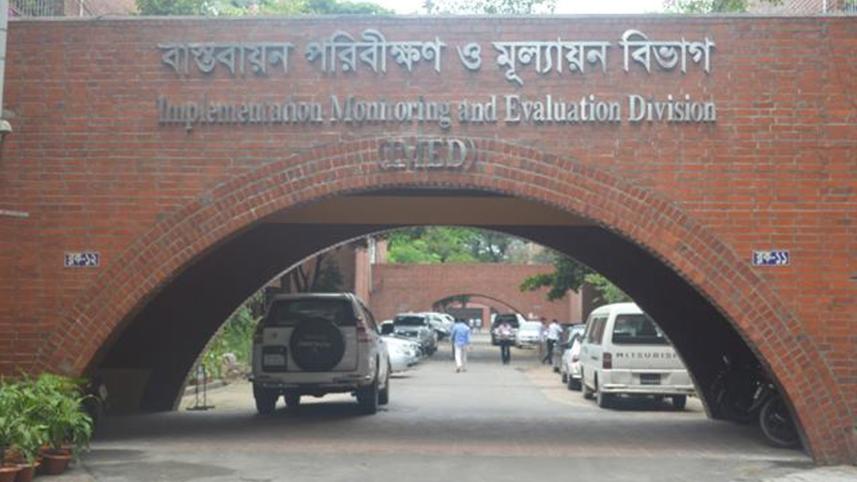IMED suggests reforms to speed up projects

The Implementation Monitoring and Evaluation Division (IMED) under the planning ministry has put forward a 15-point reform package to ensure the timely and efficient execution of development projects.
Key proposals include creating a pool of skilled project directors (PDs) and offering performance-based incentives.
The recommendations were shared yesterday at a high-level meeting chaired by Planning Adviser Wahiduddin Mahmud, with senior officials from multiple ministries and divisions in attendance.
Despite the government's pledge to speed up project execution from the start of the fiscal year, Annual Development Programme (ADP) implementation in the first two months lagged 20 percent behind the same period last year.
Political instability was cited as a major factor behind last year's slowdown.
One of the meeting's central concerns was the shortage of competent PDs. IMED proposed setting a clear policy for the appointment and transfer of project directors, alongside bonuses and awards to improve motivation.
The division also stressed the need for specialised training in project planning, financial management, procurement laws, and the Bangladesh Public Procurement Rules to build a strong PD pool.
"Project directors should be selected from officials with academic backgrounds in economics, commerce, finance, or project planning, and preferably those with overseas training in these areas," Mahmud told reporters after the meeting.
Noting that the Ministry of Health consistently lags in project implementation, he questioned the practice of appointing doctors as PDs. "Managing a project's financial operations is far beyond their expertise. This is a glaring example of our weakness in identifying suitable PDs."
Mahmud further suggested that, in line with international standards, the government could consider recruiting project directors from outside the public sector by offering attractive benefits.
"Countries like Japan, South Korea, and Singapore excel in project implementation because they place the right people in the right roles," he said.
IMED further underscored the need for credible feasibility studies, recommending that these undergo mandatory peer reviews by independent experts before approval.
It proposed that project proposals include dedicated chapters on market surveys, demand forecasting, risk analysis, and environmental and social impact assessments.




 For all latest news, follow The Daily Star's Google News channel.
For all latest news, follow The Daily Star's Google News channel.
Comments